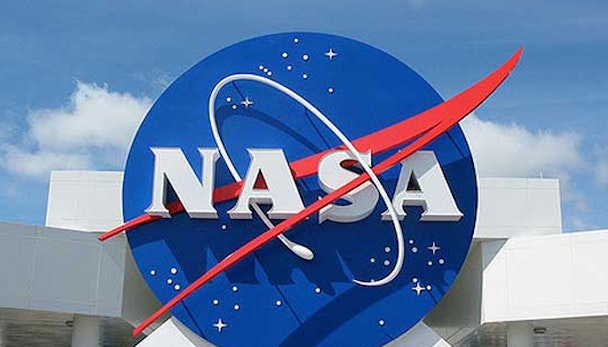Asda boss is visiting Nasa and Sainsbury’s is eyeing the ‘kids in California’ to future-proof business
Sainsbury’s and Asda’s bosses are investing heavily into future proofing their businesses, with the former in the process of rolling out a ‘Google Map-style’ app to get people round stores faster while the later has just returned from meeting Nasa about artificial intelligence, robots and genome therapy.

It's perhaps surprising given that both grocers are in deep into multi-year strategies to get back on track after being caught off guard by the rise of the German discounters.
Both are also still seeing a relatively small volume of sales coming through online channels (some 92 per cent of sales are still made in-store at Asda), but speaking at a Mumsnet conference in London yesterday (15 March), chief executives Andy Clarke and Mike Coupe revealed that they are preparing for an increasingly digital future as the likes of Amazon enter the field.
Asda’s Andy Clarke said that “to win”, ensuring the shopper experience is seamless and convenient will be key. “We think having everything under one roof, be that a smartphone or in-store, and not having to go to 15 different stores is going to be big,” he said.
"We’re part of a very big business and that gives us the opportunity be at the forefront of the latest technology.”
The chief exec recently went to San Francisco along with bosses from parent company Walmart to visit Nasa where he spent a day “talking to them about artificial intelligence (AI), the speed of transition and how that’s going to impact our business” as well as topics like genome therapy and 3D printing.
Clarke still seems to be working through how this is applicable to Asda’s business in the future, but he said things like robotics are already here and improving the customer experience.
“Our distribution centres are automated through robotics which is improving the accuracy of an order. Robotics is giving our business a level of accuracy we’ve never seen,” he said.
Meanwhile, driverless cars will be the norm in 10 years which he added could completely change how customers interact with Asda. “Mums could have an AI-bod driving them to a supermarket or receive a delivery from an unmanned vehicle,” he said. “We are continuing to push the boundaries.”
Meanwhile Sainsbury’s boss Coupe – fresh from celebrating the grocer’s first quarterly rise in two years – said ultimately its 10-year plan won’t stray far from its current course; giving shoppers what they need, when they need it. However, aware that there “may well be some kid in California about to invent something that will change the way we shop” he set up a digital lab last year to experiment with emerging technologies.
One of the first exportations has been the SmartShop app where customers can create a shopping list at home, be guided round the store with a ‘Google Map-like’ feature to find the items, scan as they go, and pay without the need to queue. So far, Coupe claimed, the response to the trial has been positive.
The immediate threats
In the meantime, both are leaning heavier on their data as they try to deal with the more pressing issue of Aldi and Lidl chipping at marketshare as well as looming presence of Amazon.
Asda cited its long-running ‘Mumdex’ research, which pools the views of around 2,000 mums on a bi-monthly basis, as a resource which is giving it a “very clear, strategic view” into how it runs the business day-to-day.
“Around 80 per cent of what we do is driven by insight from work like Mumdex and the other 20 per cent is based on market trends,” Clarke said.
For Sainsbury’s, its Nectar loyalty scheme is doing much of the heavy lifting when it comes getting to grips with the shopping habits of its 26 million weekly customers.
“We need to understand the macro but equally we need to treat individuals and families,” said Coupe, who's previously outlined the brand's ambition to have a 'single cutomer view' by 2016.
“There are many different and complex relationships that exist being able to join those relationships will help us win in the medium to long term," he said.
Both were equally dismissive of Aldi and Lidl (which now command a combined 10 per cent share of the grocery market) posing any greater threat to their businesses.
While admitting that the German brands have "done a great job of marketing," Coupe "there’s a limit to how far they can go" without becoming a mainstream grocer.
"The more they try to compete with us the more difficult they’ll find it to comete on price," he said.

